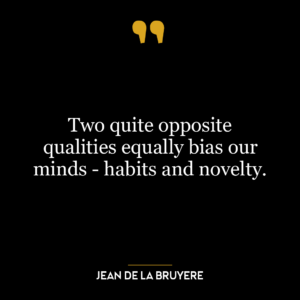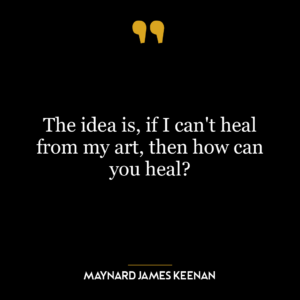This quote suggests that when any concept or idea is pursued to its extreme, it eventually begins to resemble or transform into its contrary. This is a philosophical concept that deals with the nature of extremes and the paradox inherent in pushing anything to its utmost limit.
Take, for instance, the idea of freedom. When extended to its absolute, unrestricted form, freedom can lead to anarchy, which is the opposite of the order that freedom initially seeks to establish. Similarly, extreme love can turn into obsession, which is a form of control and thus, the opposite of the unconditional affection that love originally stands for.
In the context of personal development, this quote can serve as a reminder about the importance of balance and moderation. For instance, a strong ambition can drive us to achieve great things. But if taken to an extreme, it can lead to workaholism, stress, and a neglect of personal relationships, essentially making us less successful in a holistic sense.
In today’s world, we can see this principle in action in various spheres. For instance, in politics, when any ideology, whether it’s capitalism, socialism, or liberalism, is taken to an extreme, it often leads to outcomes that are opposite to its original intent. Capitalism, aimed at fostering competition and prosperity, can lead to economic disparity when unchecked. Similarly, socialism, intended for equal distribution of resources, can sometimes lead to a lack of motivation and stagnation when pushed to its extreme.
Therefore, the quote is a profound reminder of the need for balance, moderation, and the avoidance of extremes in all aspects of life. It suggests that any good idea can become harmful if taken to an extreme, thereby turning into its own opposite.







